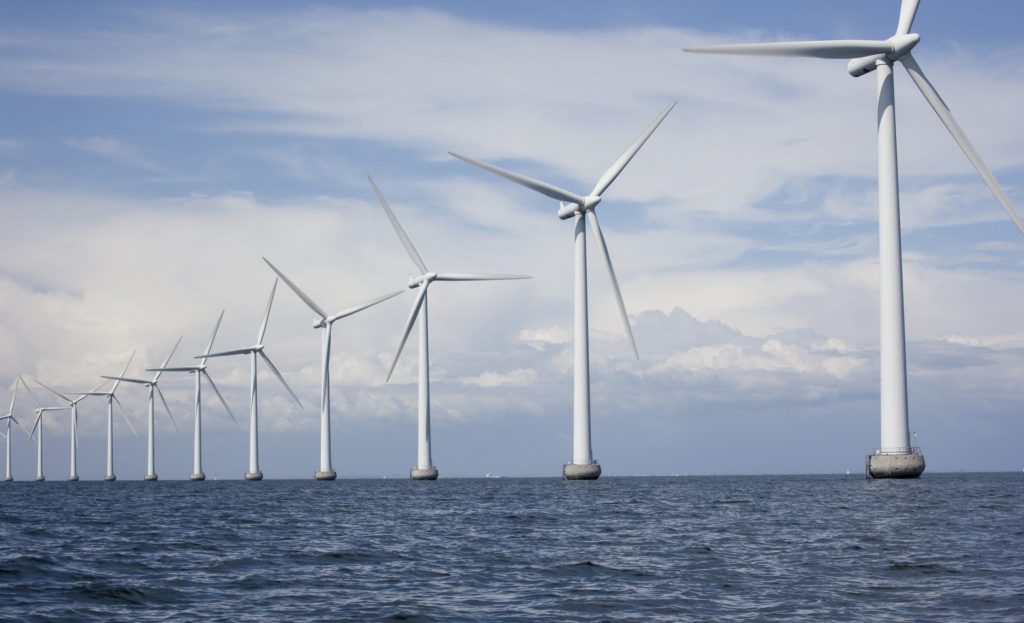Reflections on World Environment Day
Today is World Environment Day, a day dedicated by the United Nations each year for encouraging worldwide awareness and action to protect our environment. This year’s theme, air pollution, couldn’t come at a more pressing time.
I recently read an article which reported that air pollution will cause approximately 7 million premature deaths next year, impacting not only human lives but also the global economy. While South Asian countries and China are the worst affected, air pollution is a global issue that knows no borders.
A few weeks ago, the American Lung Association released its annual “State of the Air Report” 2019, and the findings are staggering. The report found that more than four in ten Americans live in areas with unhealthy air quality, putting their lives at risk. Over 141 million people live in counties with unhealthy levels of either ozone or particle pollution, an increase of over 7.2 million since the last report! Not only did the nation experience more days with hazardous levels of air quality than ever before, but eight U.S. cities also recorded their highest number of days with unhealthy spikes in particle pollution. The report attributes deteriorating air quality to wildfires and weather patterns fueled by climate change. This report covers 2015–2017, which have also been the hottest years ranked on record globally.

Air pollution takes a toll not only on human health, but also on our environment and economy. Yeb Sano, executive director of Greenpeace Southeast Asia, told CNN that there’s an estimated global cost of $225 billion in lost labor and trillions of dollars in medical costs. This World Environment Day, let’s come together and urge our governments, communities, industry and colleagues to explore renewable energy and green technologies, and improve air quality around the world.
World Environment Day 2019 is being hosted by the People’s Republic of China, which serves as the perfect example to show that progress is possible. Although China is the world’s biggest emitter of CO2 (due to its huge population), it is remarkably carbon efficient. Per person, it pollutes significantly less than Western countries did during their same stage of economic development. Over the last few decades, China has implemented a series of efforts to improve air quality for its citizens by investing in green technology.
The country’s capital, Beijing, is one of the most heavily populated and fastest growing cities in the world. Known as being a “polluted city,” Beijing began an intensified air pollution control program in 1998. Over the last 20 years, the city has executed a series of intensive measures including energy infrastructure optimization, coal-fired pollution control and vehicle emission controls. In just five years (2013 to 2017), fine particulate pollution fell by 35 percent.
The efforts aren’t exclusive to the country’s capital. Shenzhen, a fast-growing megacity of 12 million, has been able to create an all-electric public transportation system thanks to government subsidies, and another 30 Chinese cities pledge to follow. Since Shenzhen made the switch to electric for the city’s 16,000 buses and 21,000 taxis, it has halved both its fuel bill and CO2 emissions. The move also resulted in cuts in pollutants such as nitrogen oxides, non-methane hydrocarbons and particulate matter.
Air pollution may seem complex, but China is proof that through awareness, innovation and determination, we can actively manage this problem. When we focus on finding solutions to the world’s most pressing challenges, we can make substantial progress. We need to make our students aware that they have the opportunity to build a world that is a safer, healthier and more comfortable place for all to live. Progress is possible!
At ABET, we also believe we have a great opportunity to make a difference because the next generation of STEM professionals graduating from ABET-accredited programs will be the ones responsible for developing these sustainable solutions. This World Environment Day, let’s commit, together, to #BeatAirPollution.
